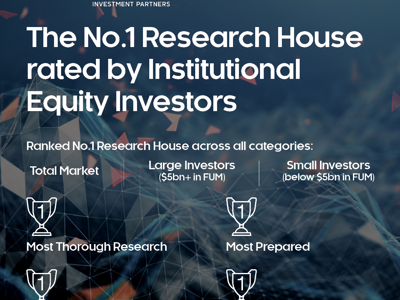Despite political debates around climate reporting, ESG remains a critical factor in business strategy, says Dugald Higgins, Head of Responsible Investment and Sustainability at Zenith Investment Partners.
While Australia’s federal Coalition has pledged to abolish climate reporting requirements under the Australian Sustainability Reporting Standards (ASRS) if elected, ESG considerations are deeply embedded in corporate decision-making and will continue to evolve.
“Sustainability isn’t dictated by political cycles. It’s driven by economic and environmental realities,” Mr Higgins said.
“ESG and sustainability aren’t disappearing; they are maturing.”
Regardless of political shifts, businesses will continue to determine what ESG factors are material to their operations. A significant majority of ASX200 companies are already reporting, or have committed to reporting, under the Taskforce for Climate-related Financial Disclosures (TCFD) framework.
“Businesses decide what is material to their business. These companies have already invested in sustainability reporting, and they are unlikely to stop,” Mr Higgins said.
“While today’s challenges may temporarily slow momentum, they will also shape a more sophisticated and economically driven approach to ESG.”
Internationally, regulators are ramping up efforts to standardise sustainability reporting.
Mr Higgins said Australia was among the first countries to mandate an International Sustainability Standards Board-aligned (ISSB) standard, which came into effect this year. Other key investment hubs in the APAC region, including Hong Kong and Singapore, have also adopted ISSB standards.
Currently, 30 regional jurisdictions are working on introducing ISSB standards to their respective regulatory frameworks.
“These jurisdictions represent over half of global GDP, including 70 per cent of Australia’s export partners,” Mr Higgins said.
“While regulation is converging, we are also seeing politicians, companies and investors begin to scale back some stances as shifting geopolitical dynamics alter, particularly in the United States and European Union.
“Despite these shifts, it doesn’t mean ESG is being abandoned, they are just going to be more focussed on ESG and sustainability as a driver of economic opportunities and demonstrating the value of these policies.
“Changes to green energy incentives and other sustainability focused investments can reflect populist policies, but they don’t change the long-term drivers of decarbonisation.”






